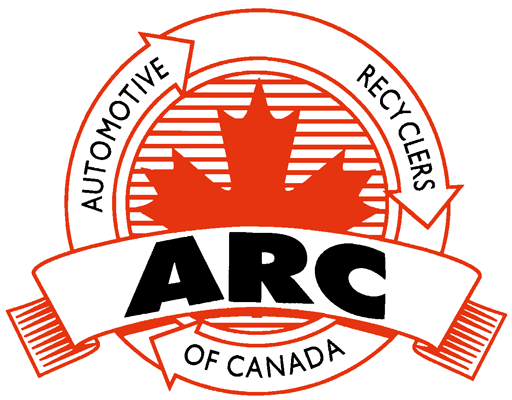Since 1947, auto recyclers and insurers have been working under Saskatchewan Government Insurance’s (SGI) Salvage division to manage total loss vehicles and sell more parts within the province. Presenting at the 2019 Ontario Automotive Recyclers Association (OARA) Convention and Trade Show, Michele Morrison, Director, Salvage Administration & Finance at SGI, gave an overview of how the company handles the workflow.nnSalvage operationsnSGI currently operates six Salvage branches in the province—North Battleford, Regina, Saskatoon, Moose Jaw, Yorkton and Prince Albert. Its target is to dismantle 2,300 vehicles per year, which is done at the Regina and Saskatoon centres. SGI Salvage has also created an online bid site through which damaged vehicles are sold whole. The operations are carried out in a similar fashion in all the provinces in which it functions.nnIn Saskatchewan, the company accepts all total loss vehicles that come in through the Claims Process and decides whether dismantling them or selling them whole adds more value. It similarly administers salvage of total loss vehicles from claims processes in Alberta, British Columbia and Manitoba. Coachman Insurance takes care of salvage operations in Ontario. Impact Auto works with SGI Salvage in Alta. and B.C., runs the bids on their behalf. In Ontario, vehicles are sold in collaboration with Impact Auto and other auto auction companies. SGI Salvage has a reciprocal vehicle sales agreement with Manitoba Public Insurance; they sell vehicles on each other’s behalf.nnWorking with collision repairersnSGI’s Appraisal Services department works directly with SGI-accredited collision repair shops. Its team is responsible for preparing estimates of vehicles that have been involved in a collision. Depending on the cost of the repairs versus value of the vehicle, the team decides whether it is a total loss vehicle or not. In the province of Saskatchewan, 98 percent of collision repairs take place at SGI-accredited repair shops, according to Morrison. The company has partnership agreements with 275 shops in the province and is in the process of formalizing partnerships in Ontario and Alberta. The company is taking assistance from some of its higher-level accredited shops in managing the high volume of estimates per year. Appraisal Services audits these shops to keep them “honest.” They are evaluated on the basis of KPIs, such as the average number of supplement parts, average cycle time and average OEM percentage, among others. Having noticed a significant decline in parts sales, SGI is also focusing on the use of a strict percentage of quality recycled parts in vehicle repairs. The Appraisal Services team is additionally responsible for ensuring that the shops are qualified to do complex collision repairs.nnInter-departmental co-operationnSGI Salvage collaborates with its Appraisal Services department to increase recycled parts sales. Having access to the estimates done by the department, the Salvage division is able to study them and look for candidates for recycled parts. “We look into two things for the insurer side of the company. One is to make the claim repair cost as reasonable as possible. And it also increases the percentage of our parts sales,” said Morrison.nnShe added that the departments have been working together on this front. “Our Salvage staff reviews the estimates and adds notes in them when recycled parts are available. Then the Appraisal Services team goes through the client files to check if the shops have used the parts.”nnSGI has entered into a new agreement as of January 2019 with its collision repair shops. The agreement states, “Used/recycled parts must be used first when available, in accordance with the existing Claims/Salvage Pricing Agreement. If it is determined that a used part was available for the claim and not used, this may result in penalties and recovery of funds from a repair shop.”nn“The repairers may not be happy about it, but it is the most economical solution,” said Morrison.nn— Collision Management, June 2019 by SUKANYA RAY GHOSH
